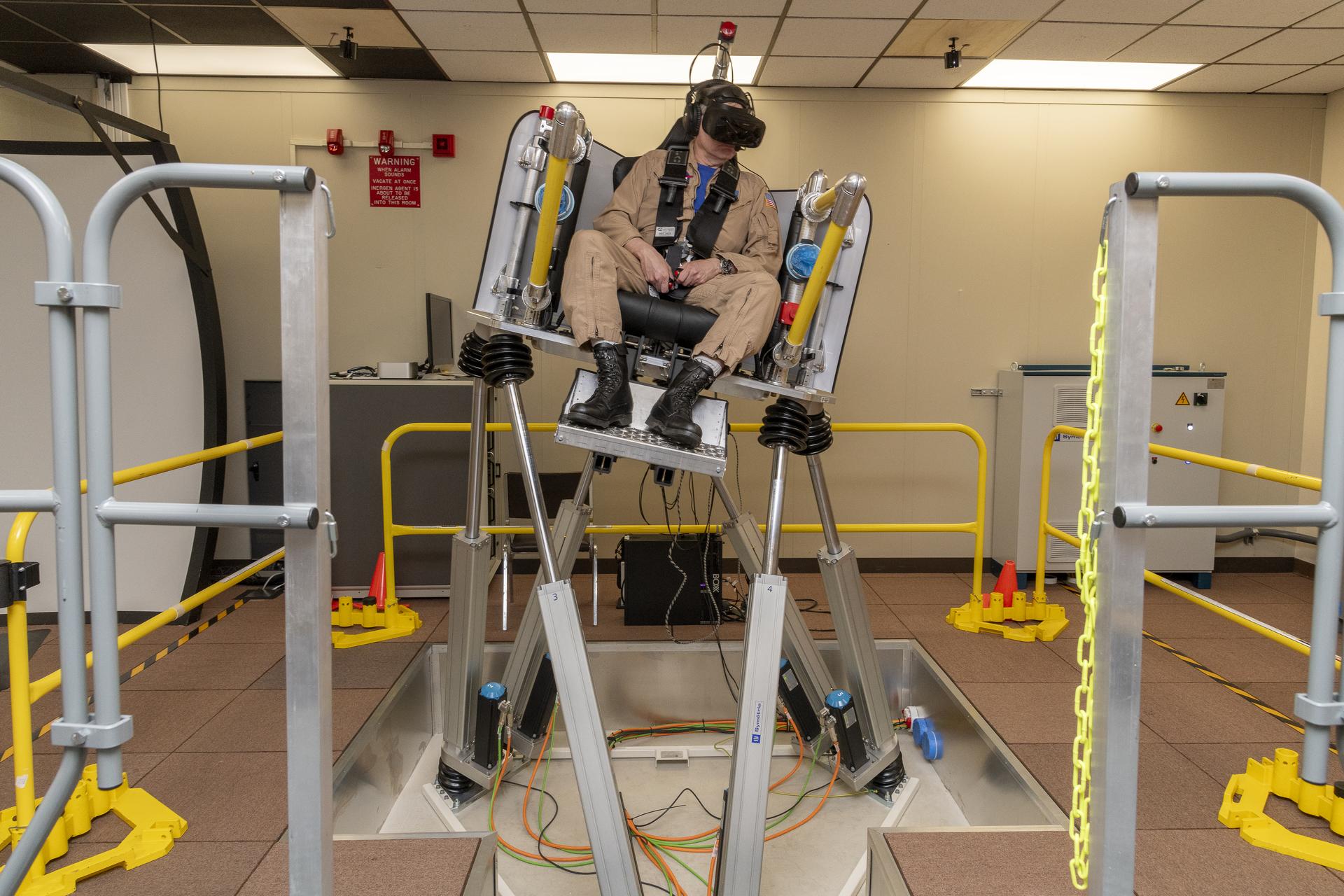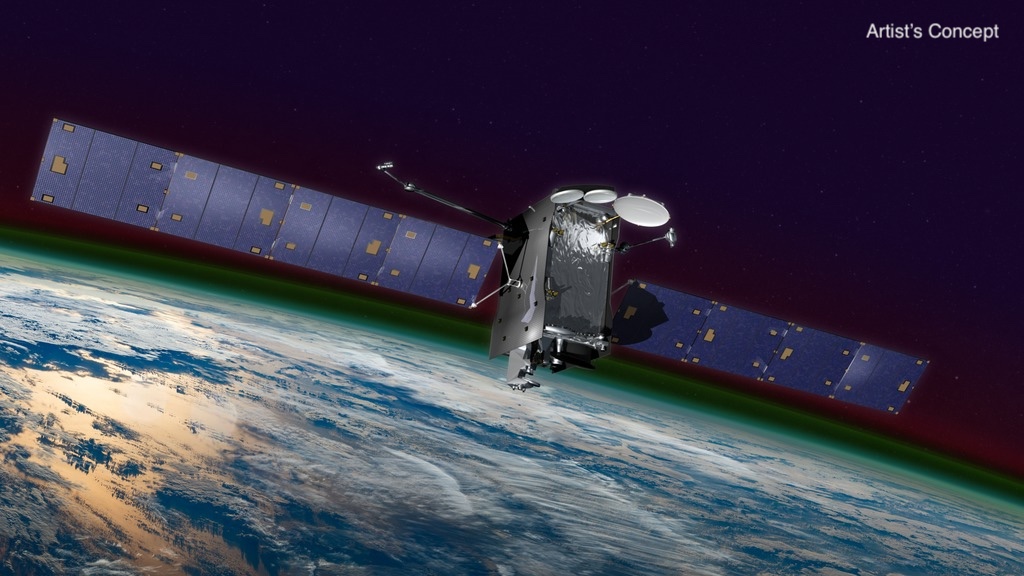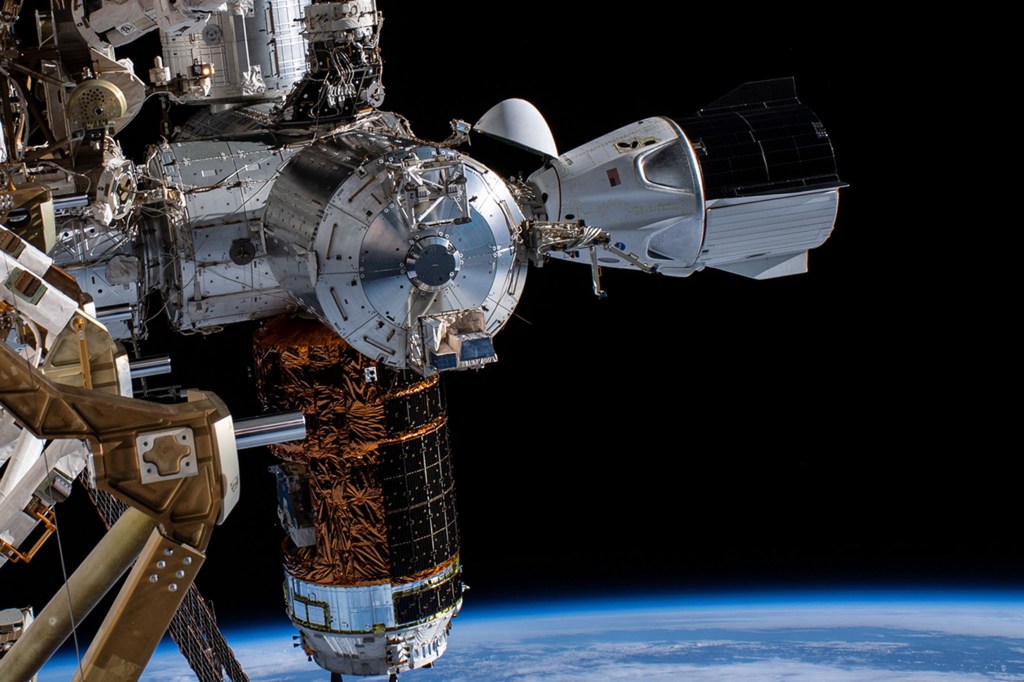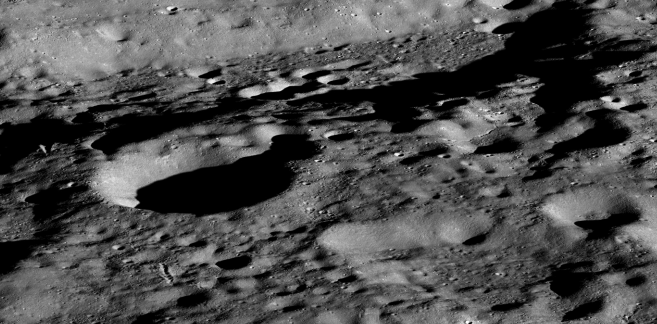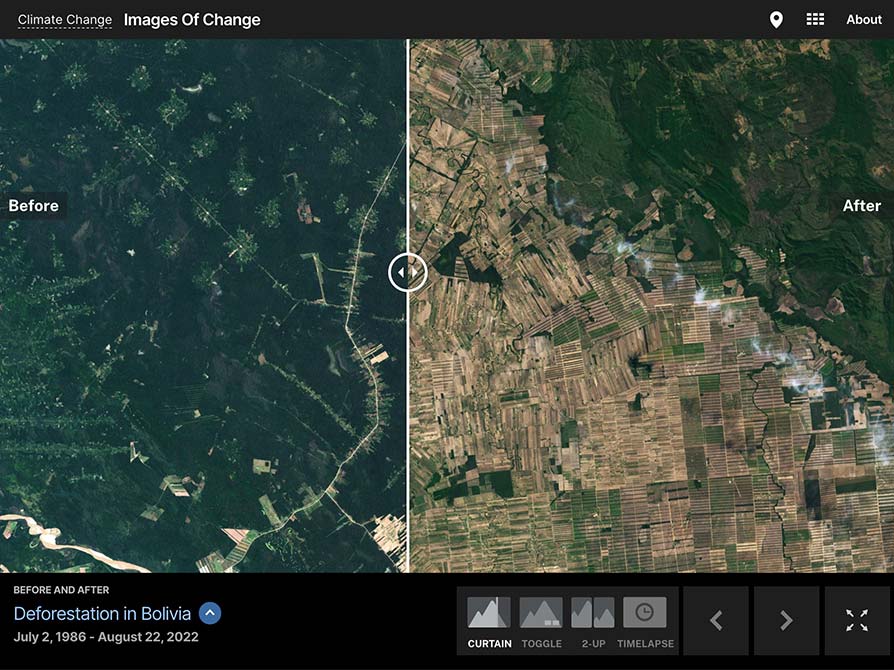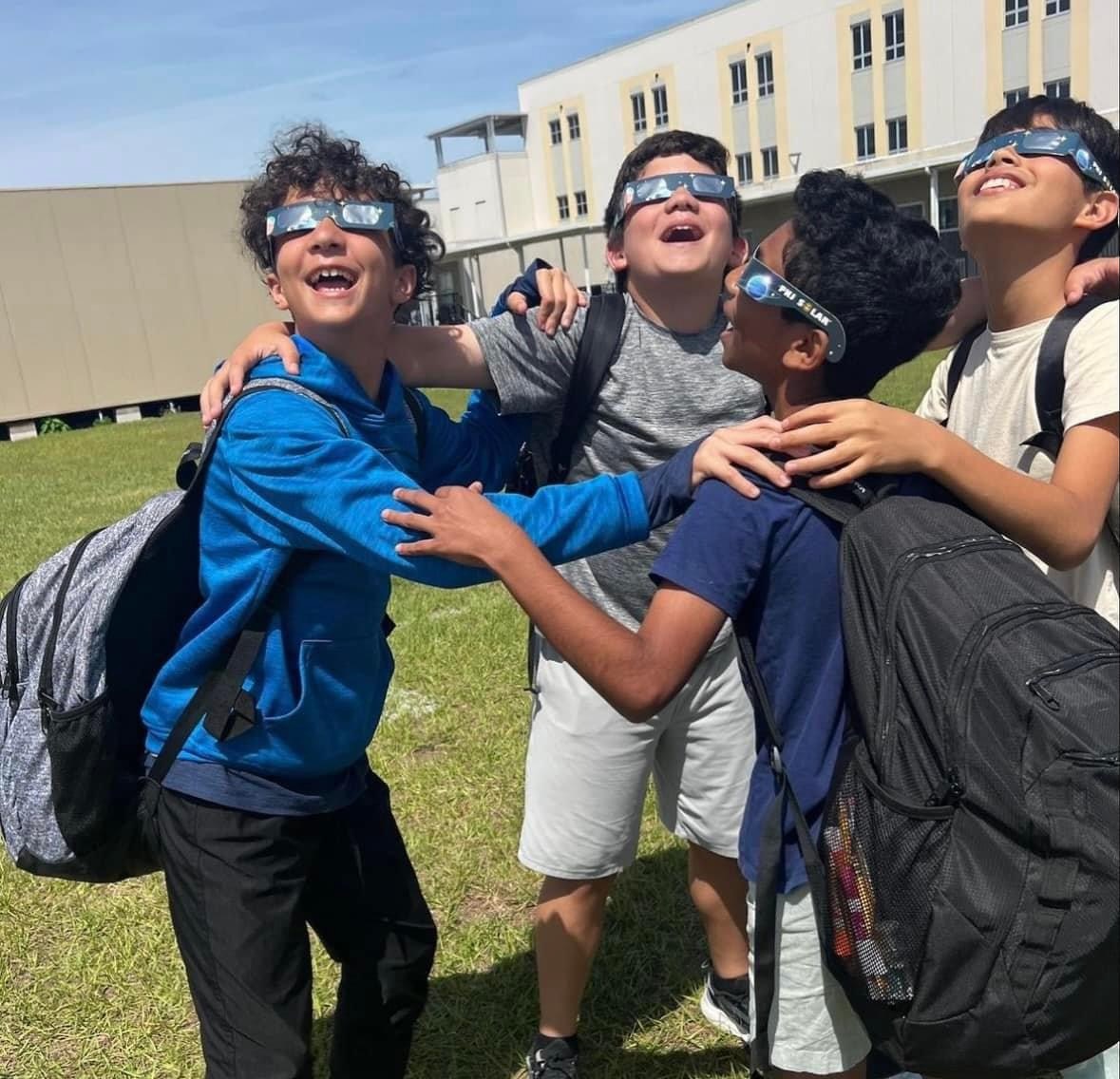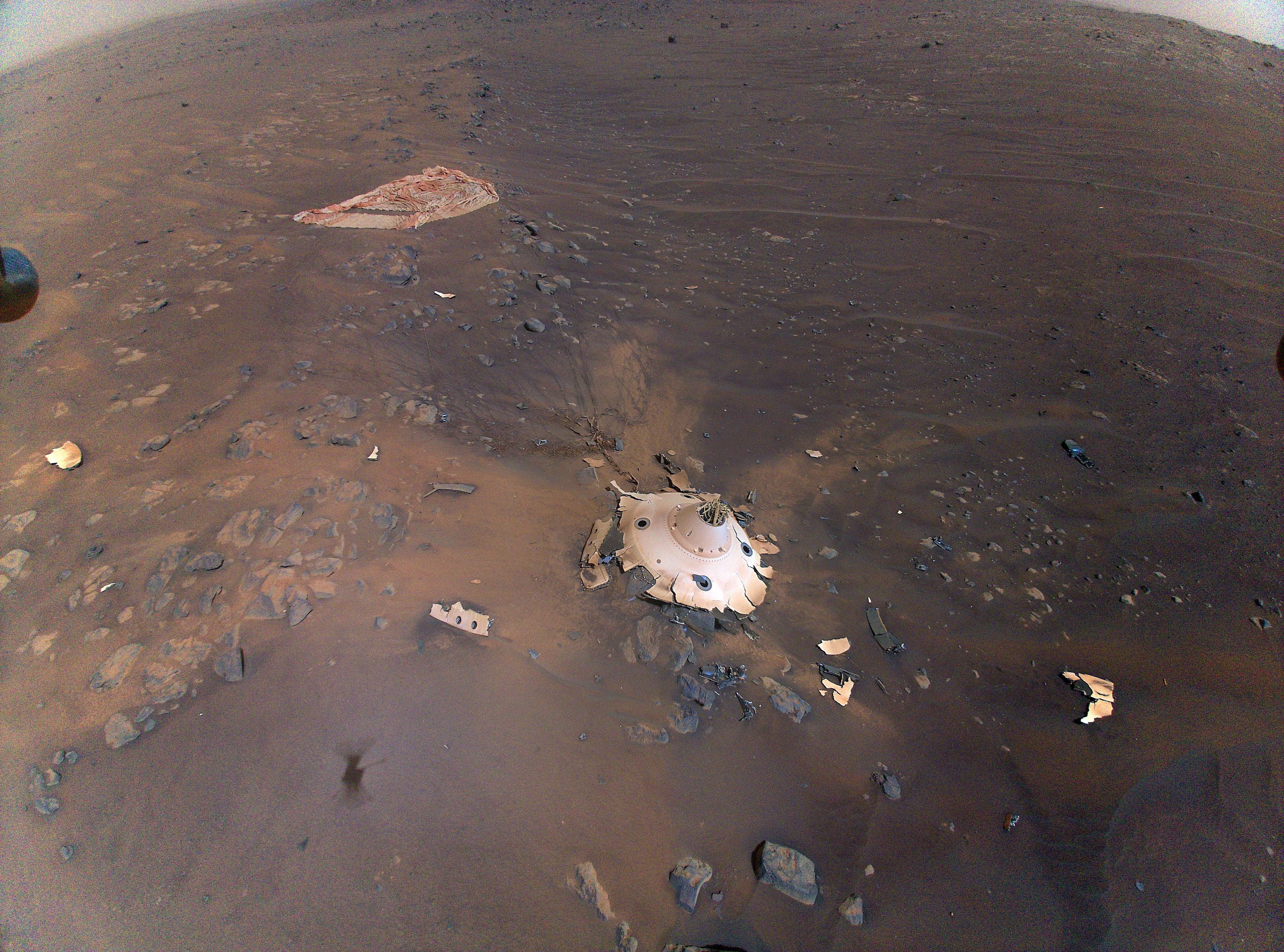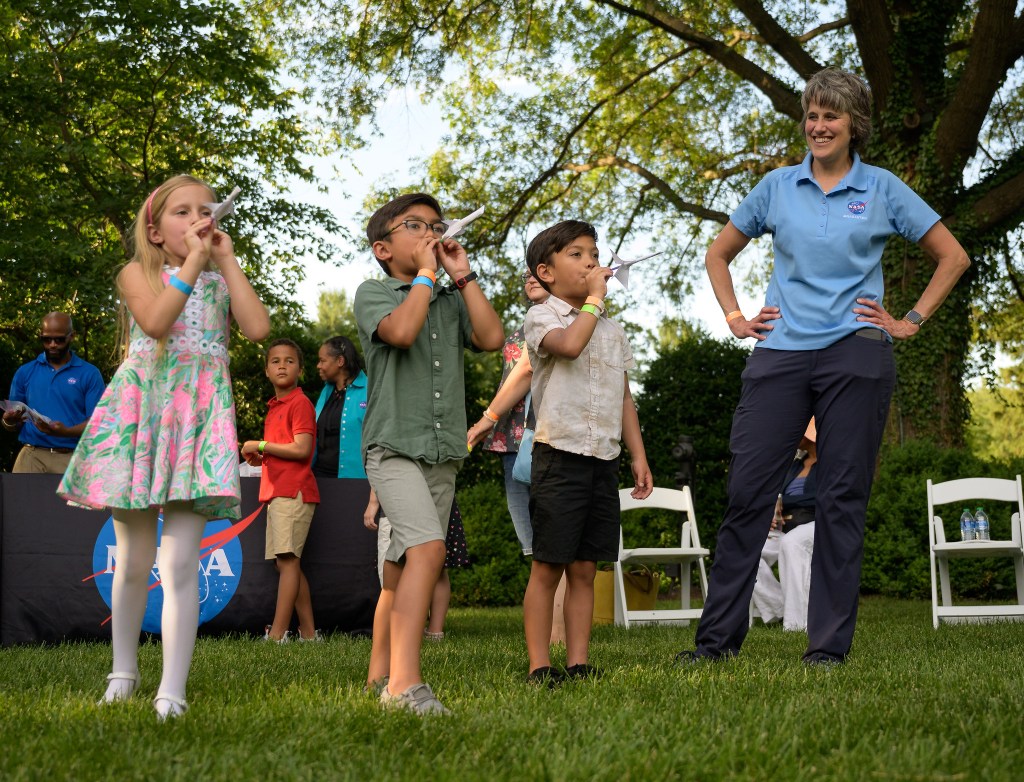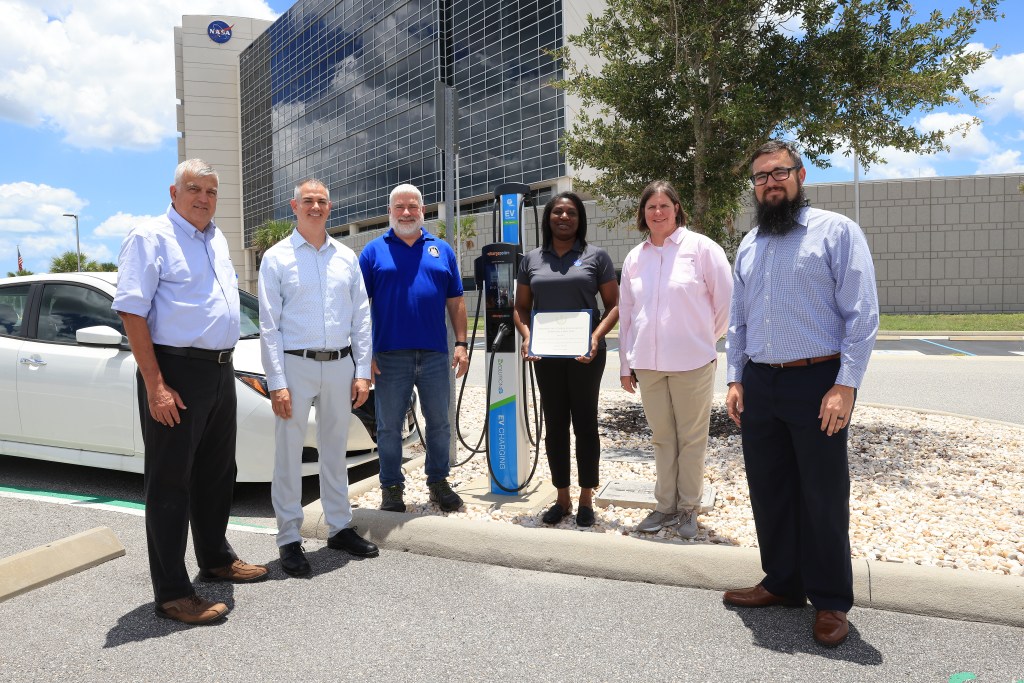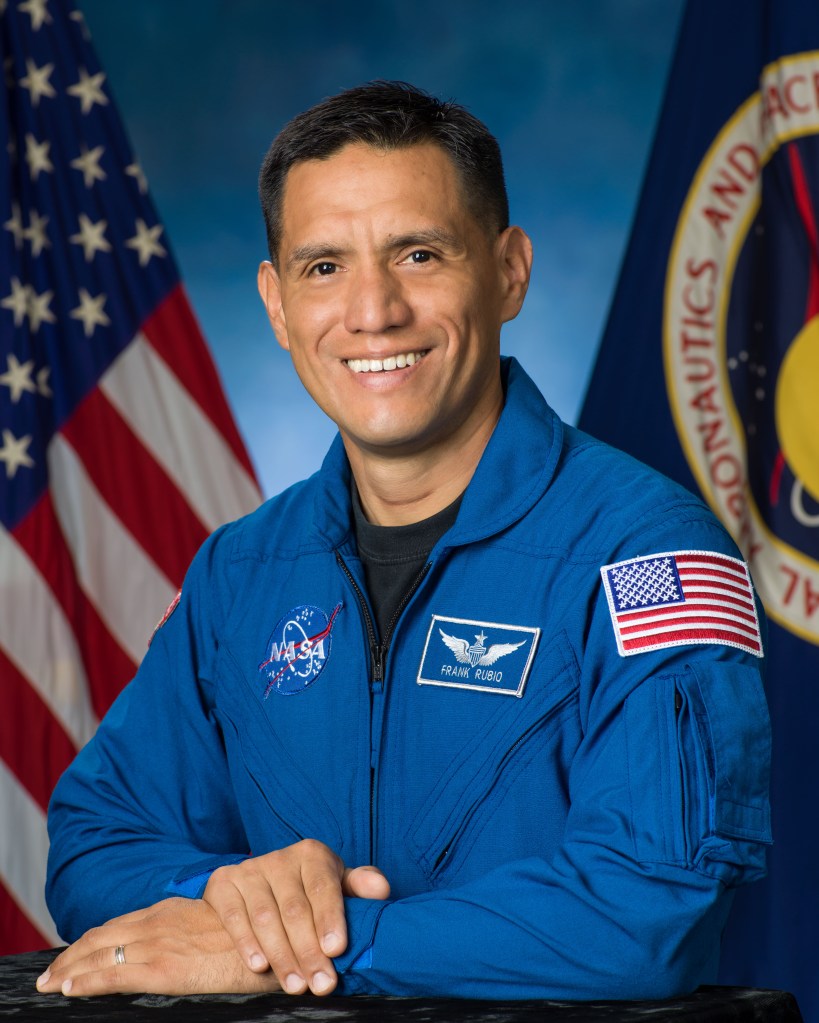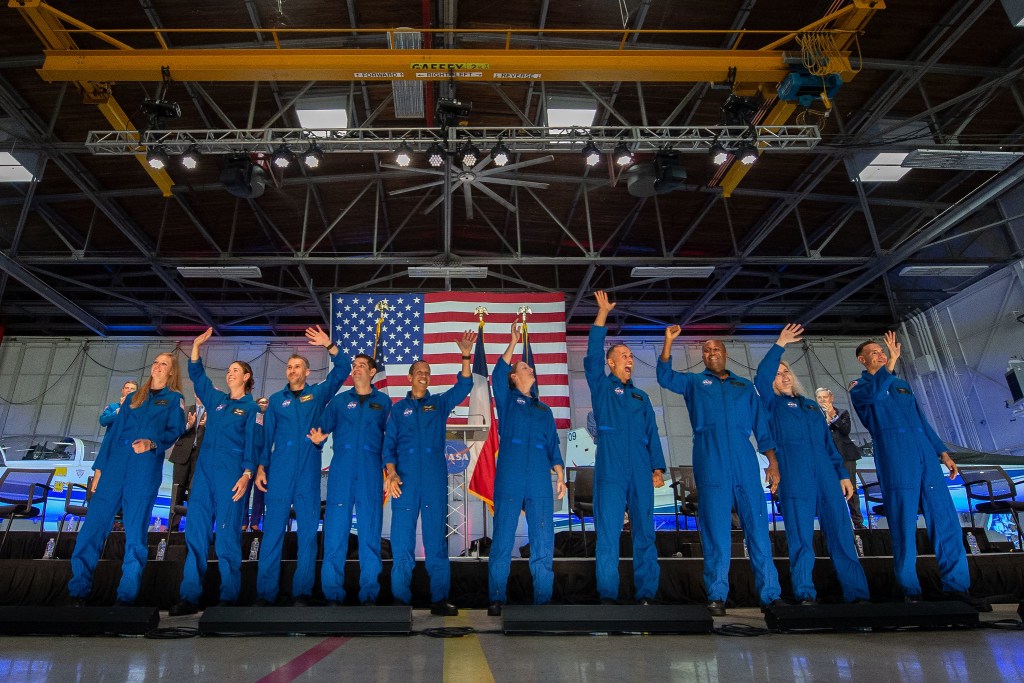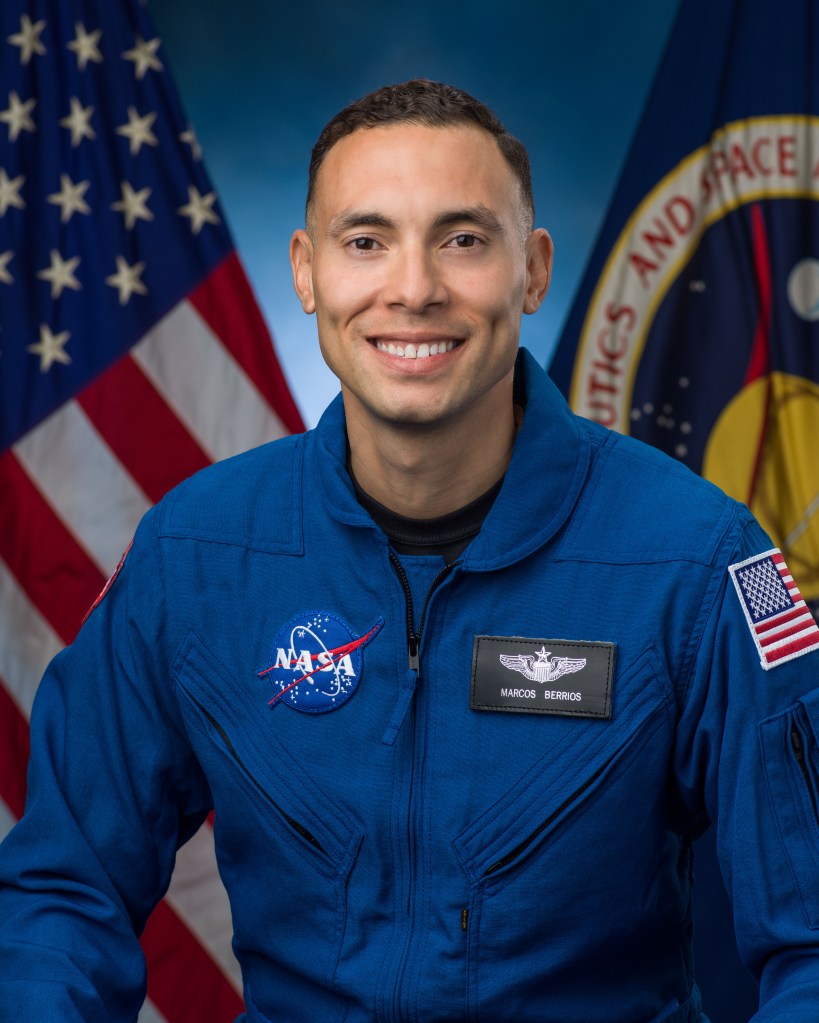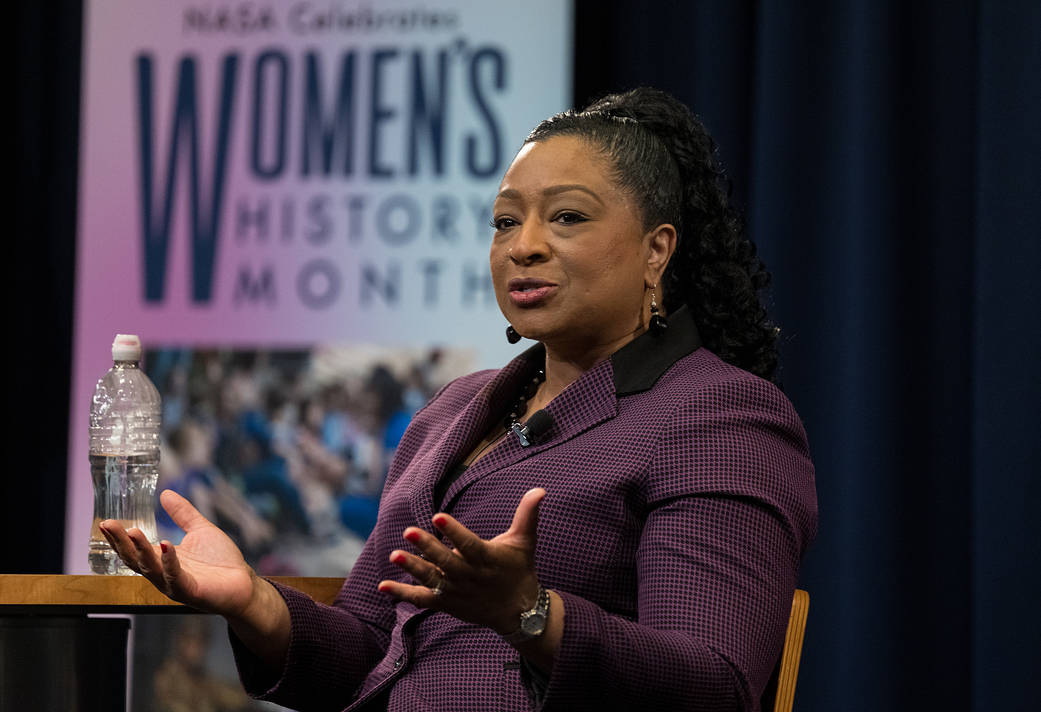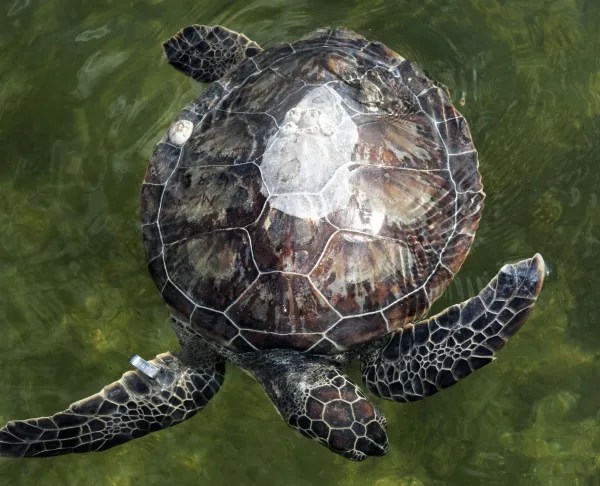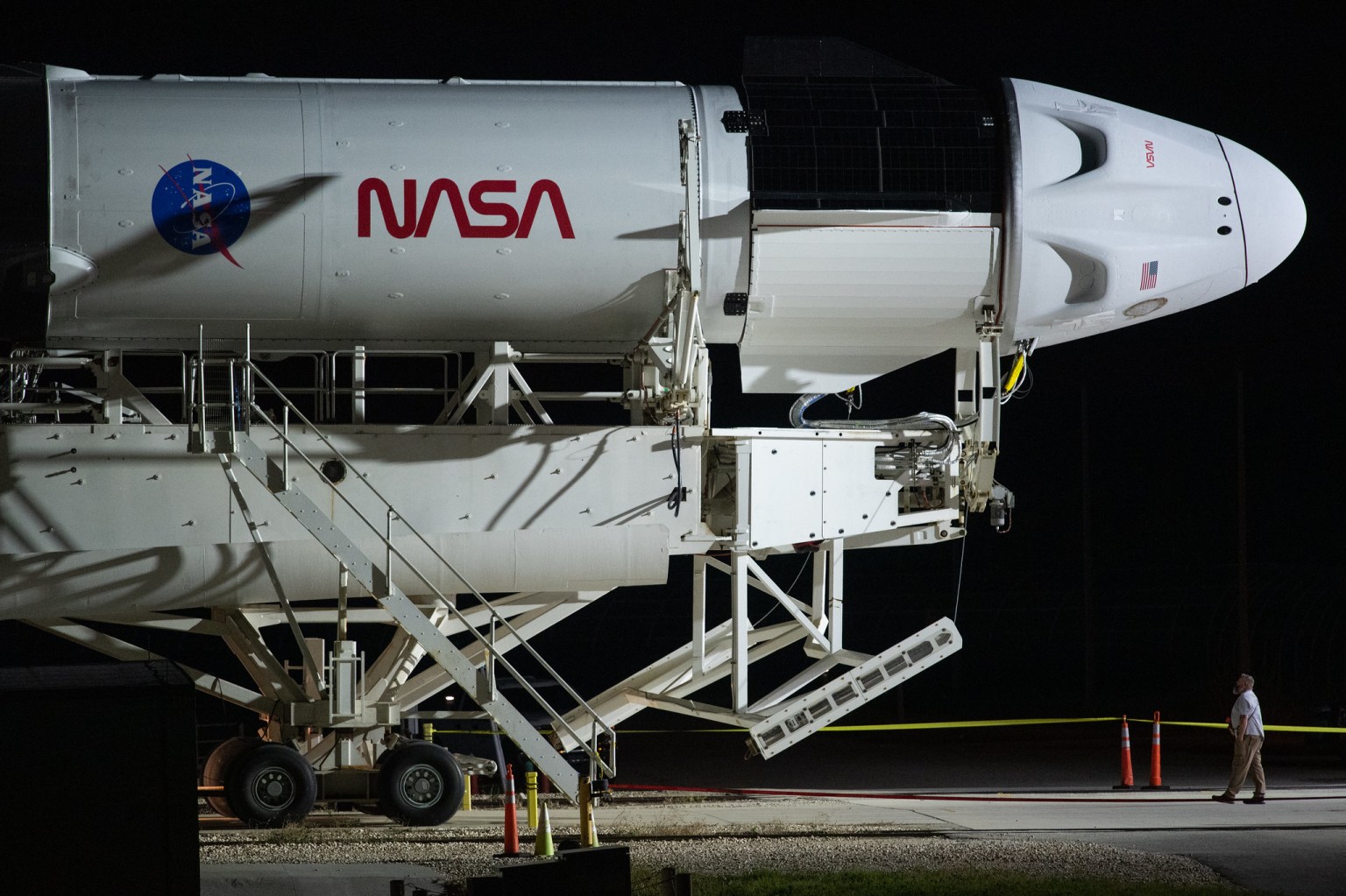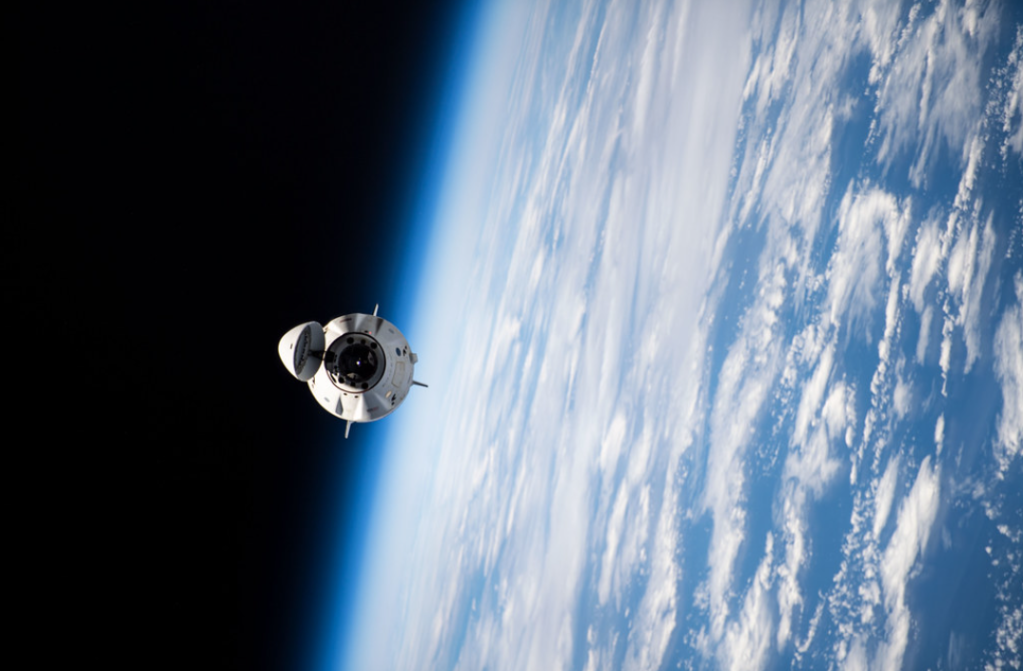
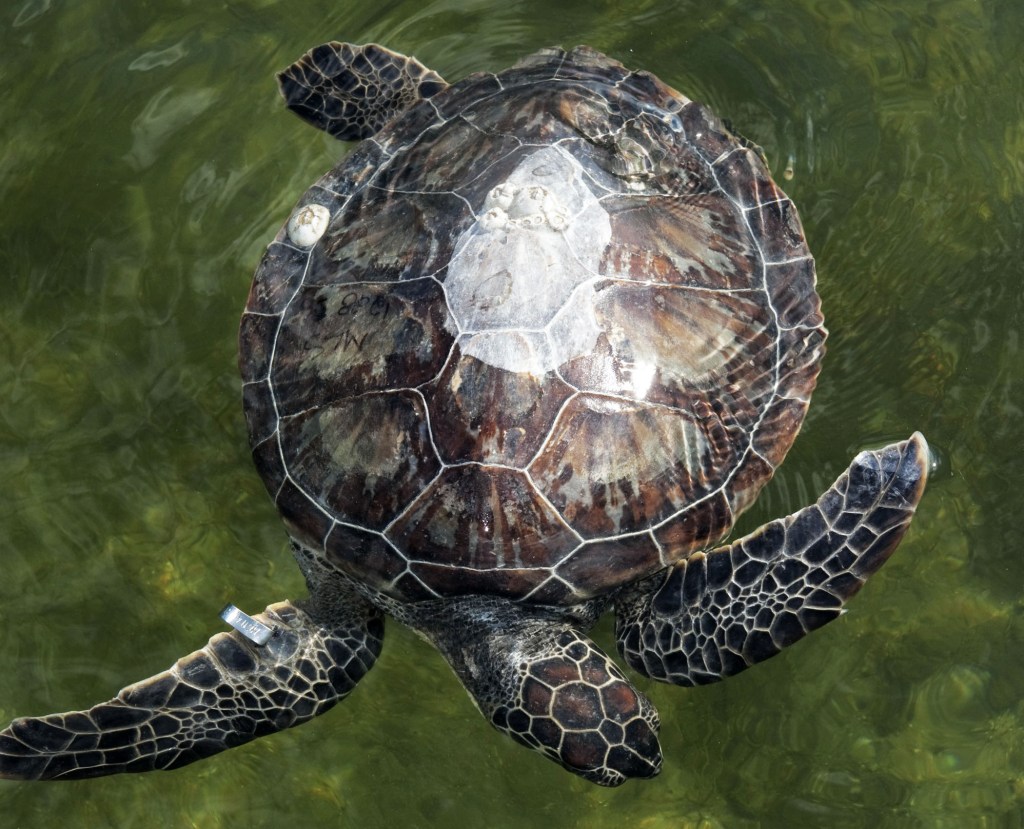
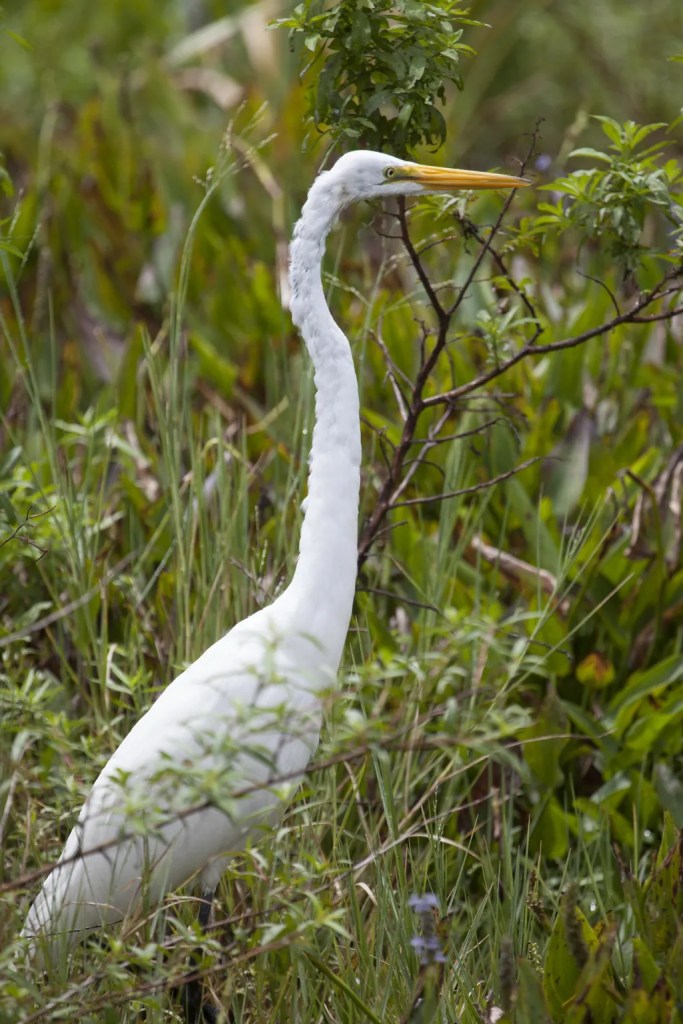
Chief Veterinary Officer
NASA is committed to humane and ethical use of animals in Agency supported research, teaching, testing, and hardware development activities.
NASA Directives and Policies
NASA Policy Directive (NPD) 8910.1 Care and Use of Animals
This directive establishes policy for the care and use of vertebrate animals and higher order cephalopods (hereinafter, animals), recognizing NASA’s responsibility for the stewardship of the animals and to the scientific community and society, in adherence with the ethical principles of respect for life, societal benefit, and nonmaleficence.

NASA Procedural Requirements (NPR) 8910.1 Care and Use of Animals
This directive describes the responsibilities and implementing requirements for the use of animals in research, testing, teaching, and hardware development activities funded or sponsored by NASA or conducted in NASA facilities, aircraft, or spacecraft, including commercial facilities, aircraft, and spacecraft that are funded or sponsored by NASA or use NASA resources.
Read More
The Sundowner Report (1996)
When the use of animals is required, the Agency and all members of the animal care and use program comply with applicable Federal, state, and local animal welfare laws and regulations, policies, and guidelines, and ensure adherence to the NASA Principles for the Ethical Care and Use of Animals, as described in the Sundowner Report (1996).
Read More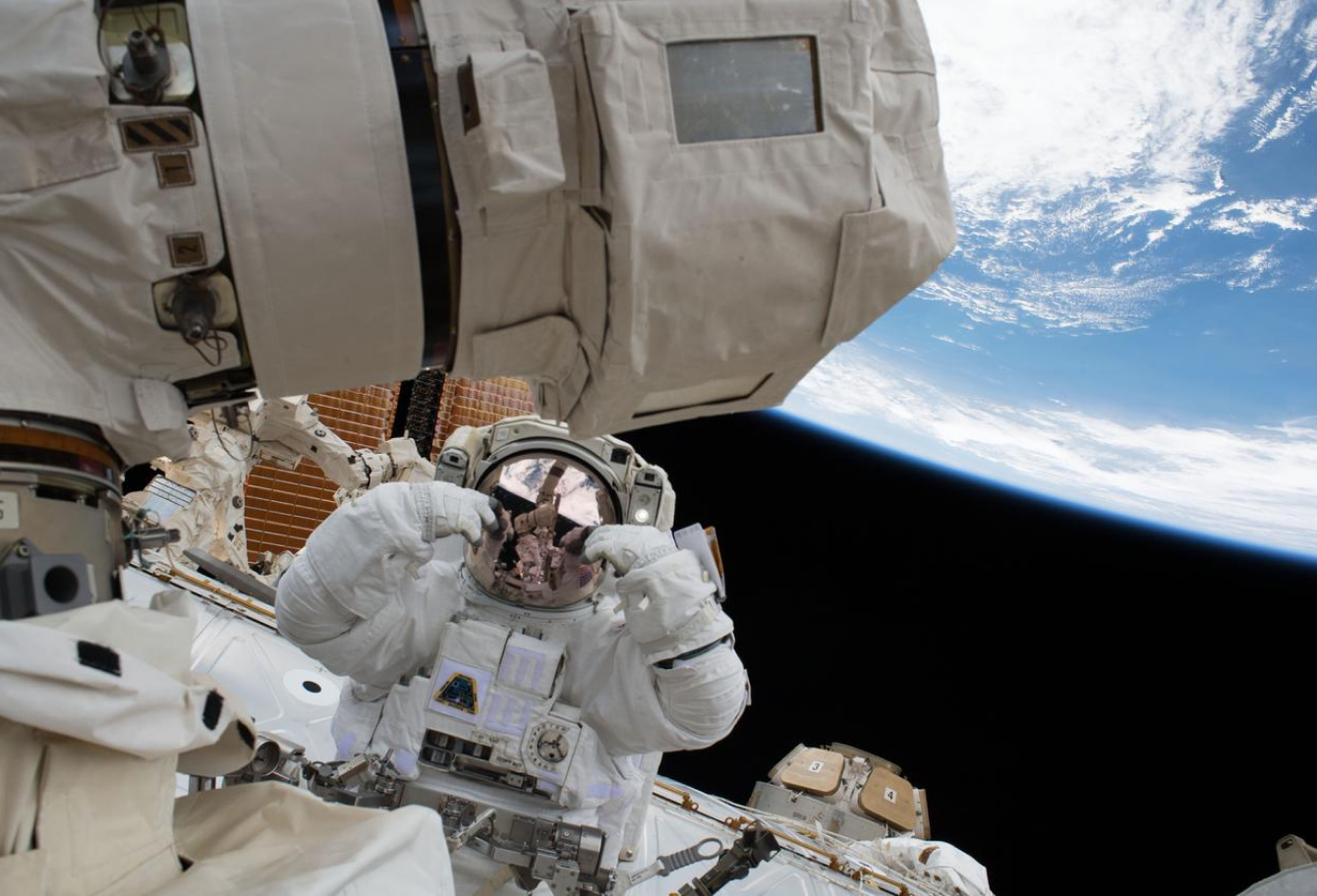
Animal Care and Use Regulations, Guidance, and Resources
Report an Animal Welfare Concern
Animals used in NASA-supported research or training receive humane and responsible care and use in accordance with federal regulations, institutional policies, and guidelines. Any person who witnesses or suspects the misuse of animals, inadequate animal care, or other noncompliance is encouraged to report their concern(s) to the Chief Veterinary Officer and the Office of Research Assurance.
Email Office of Research Assurance
Anonymous Animal Welfare Concerns
ANONYMOUS concerns may be submitted through the Office of Research Assurance by phone at: 281-244-1800
You are protected by federal law from retaliation when you report a concern via email and telephone.
NO adverse action will be taken against you.


